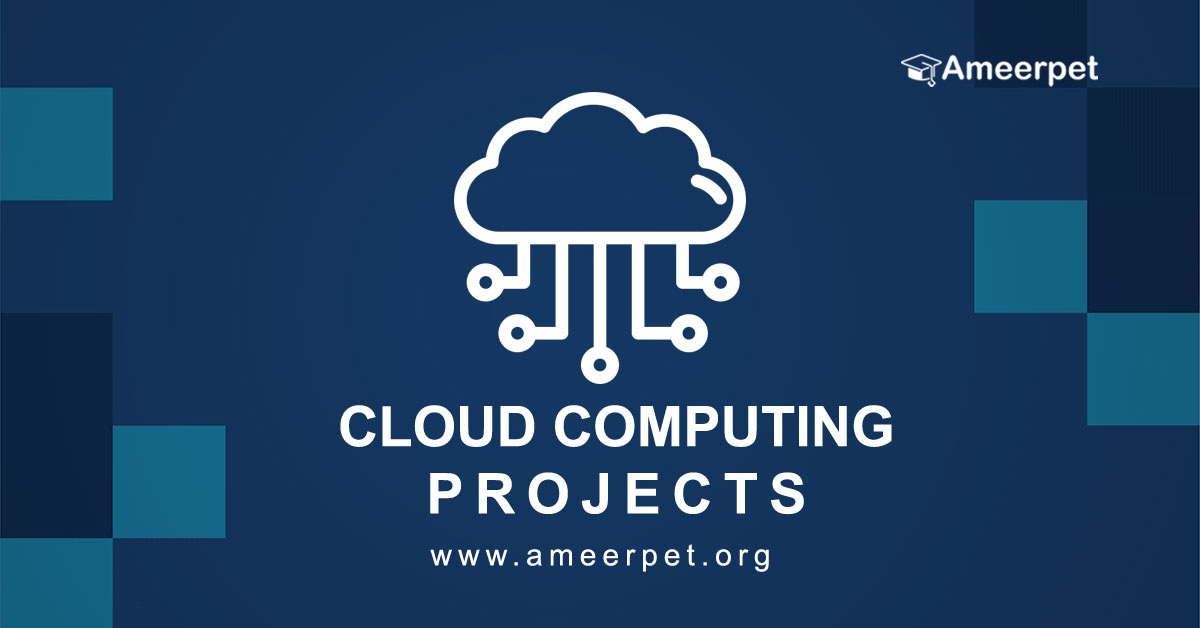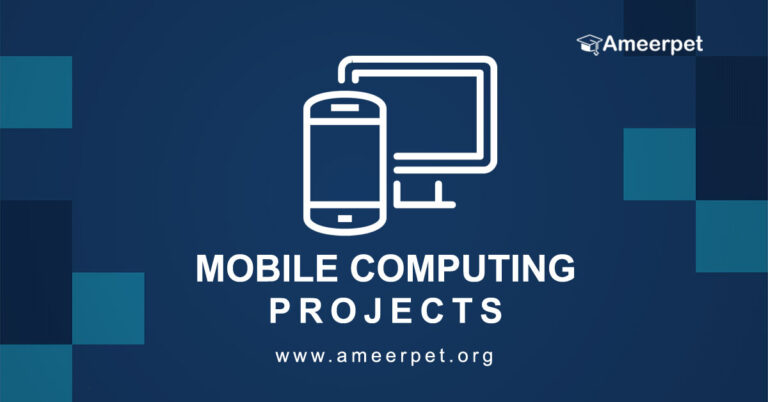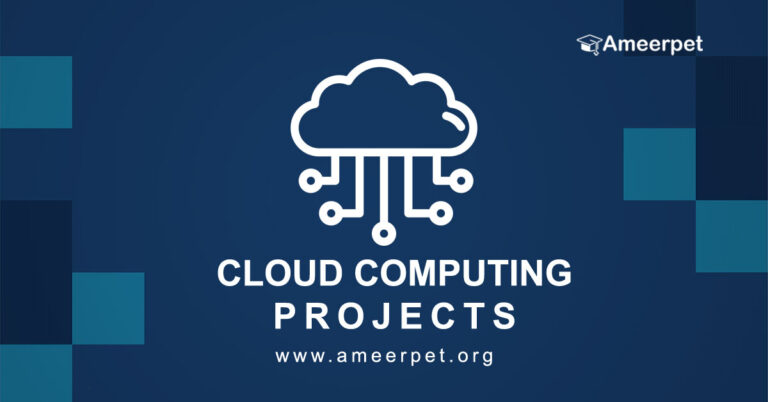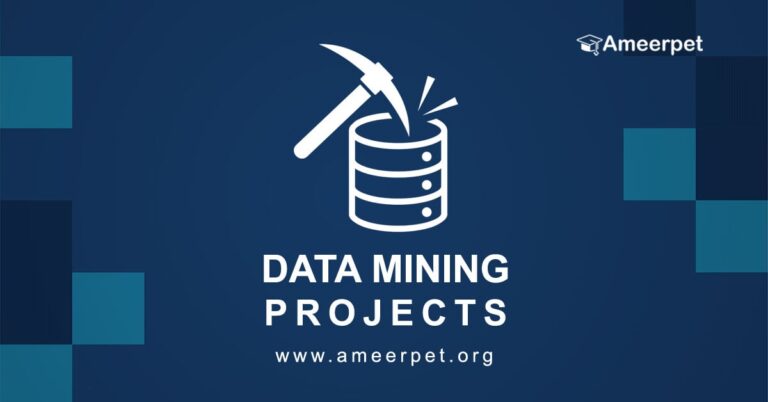
Abstract:
Hardware heterogeneity, resource contention among co-located VMs, and virtualization overhead cause virtual machines (VMs) to perform differently over time. Performance variation makes learning workload-specific resource provisioning policies to automatically scale cloud-hosted applications to maintain response time difficult.
Due to multiple tier bottlenecks, auto-scaling multi-tier applications with limited resources is even harder. This paper addresses using performance-varying VMs to gracefully auto-scale a multi-tier application with minimal resources to handle dynamically increasing workloads and meet response time requirements.
The proposed system predicts application response time and request arrival rate to determine multi-tier application resource provisioning using supervised learning. The supervised learning method learns a state transition configuration map that encodes VM performance-invariant resource allocation states.
This configuration map helps predictive autoscaling use performance-varying resources. Our experimental evaluation of a real-world multi-tier web application hosted on a public cloud shows improved performance with minimal resources compared to predictive auto-scaling methods.
Note: Please discuss with our team before submitting this abstract to the college. This Abstract or Synopsis varies based on student project requirements.
Did you like this final year project?
To download this project Code with thesis report and project training... Click Here


